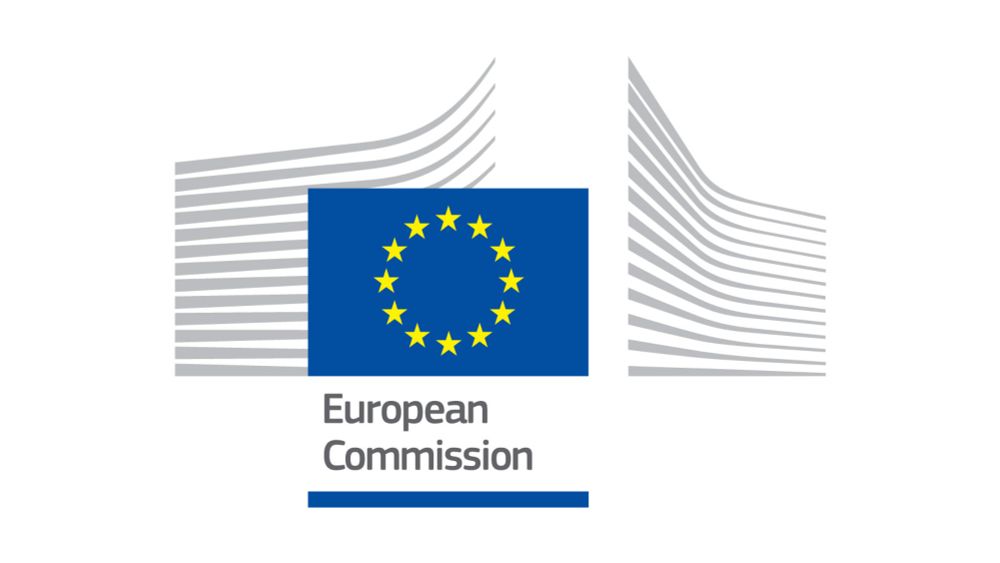Malcolm Fairbrother
@mfair.bsky.social
670 followers
320 following
120 posts
Prof. of environmental and political sociology. Sweden-based (Uppsala Uni + Institute for Futures Studies), formerly Canada, U.S., Mexico, UK. Decoupling, public opinion, learning from successes, modeling emissions. And political trust. www.fairbrother.org
Posts
Media
Videos
Starter Packs
Reposted by Malcolm Fairbrother
Reposted by Malcolm Fairbrother
Malcolm Fairbrother
@mfair.bsky.social
· Aug 31
Reposted by Malcolm Fairbrother
Malcolm Fairbrother
@mfair.bsky.social
· Jul 29
Malcolm Fairbrother
@mfair.bsky.social
· Jul 29












